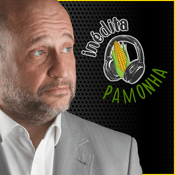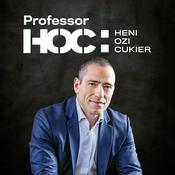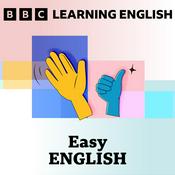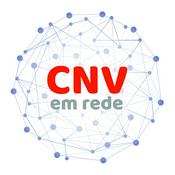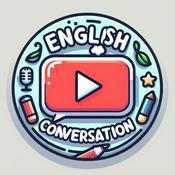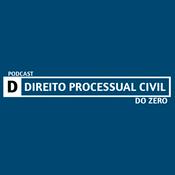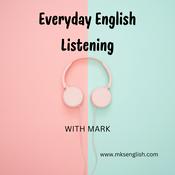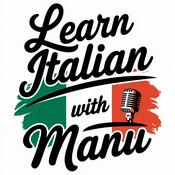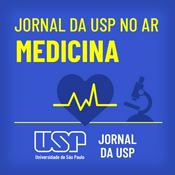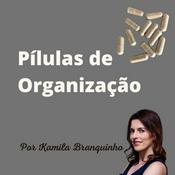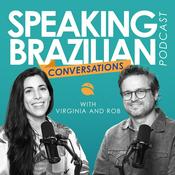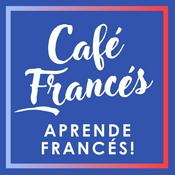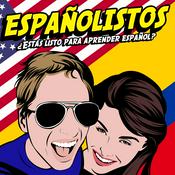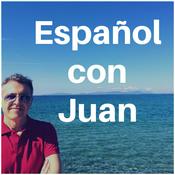67 episódios
S5 Ep6: Prayer or Pleasure: Discovery of a 1st century AD barge in Alexandria, Egypt
12/2/2026 | 20minRenowned French maritime archaeologist Franck Goddio joins Professor Lucy Blue to discuss his latest discovery in the eastern harbour of Alexandria, Egypt. Working with his team of the European Institute for Underwater Archaeology (IEASM) in collaboration with the Egyptian Ministry of Tourism and Antiquities, Goddio reveals the uncovering of a 1st-century AD pleasure barge, known as a thalamegos. A bathymetric sub-bottom profiler survey detected a long anomaly and careful excavation through the sediment revealed the vessel’s planking, keel, and structural elements. Measuring over 30 metres long, this flat-bottomed boat was located in the small royal harbour off the island of Antirhodos.
Limited finds and graffiti inscribed above the keel, helped date the vessel. These clues, combined with the writings of the Greek geographer Strabo, who described Alexandria during the Roman period, offer insights into the luxurious activities that may have taken place on board. An alternative hypothesis links the barge to the Temple of Isis, originally situated near the palace of Cleopatra VII, raising the intriguing possibility that it was used in Isiac ceremonial processions. As Goddio explains, it is hardly surprising that the harbours of Alexandria continue to yield extraordinary discoveries, as after all, this was once the very centre of the ancient world.
Follow along with this work on this website: www.franckgoddio.org- Dr. Stella Demesticha, Associate Professor of Maritime Archaeological Research at the University of Cyprus, joins Professor Lucy Blue to discuss a remarkable Ottoman-period shipwreck located off Cyprus’ east coast. Excavated over three seasons by the Maritime Archaeological Research Laboratory of the University of Cyprus in collaboration with the Cyprus Department of Antiquities, the wreck identified as the Nissia, is a post-medieval vessel likely dating to the 18th–19th century AD.
Measuring over 30 metres in length, the wreck represents a significant addition to our understanding of Cyprus’ maritime history during the Ottoman era. Although no definitive cargo has yet been recovered, intriguing material clues are emerging. Timber analysis reveals that its oak planks originate from northern Europe, suggesting a possible Dutch connection. Four cannons have also been recorded on the site, though evidence of looting raises the possibility that additional armaments were once present.
Other finds include Ottoman smoking pipes, bricks, and bundles of pointed wooden logs believed to be firewood, offering valuable insight into life on board. As on-going research and scientific analysis continue, archaeologists anticipate that further discoveries will clarify the identity, origins, and final voyage of this vessel.
The project wishes to thank:
The Honor Frost Foundation
THETIDA
The University of Cyprus: Department of History and Archaeology
The University of Cyprus: Archaeology Research Unit
MARELab (Maritime Archaeology Research Laboratory) - Professor of Solid Mechanics Dr Jukka Tuhkuri, from Aalto University’s Department of Mechanical Engineering, joins Professor Lucy Blue to uncover the real story behind Ernest Shackleton’s legendary ship, Endurance. While on board the Endurance22 Expedition vessel searching for the wreck, Dr Tuhkuri was collecting ice cores for his own research when he became intrigued by the theories around the crushing of the ship by ice. Studying the original ship’s plans, archival material, and applying his cutting-edge ice mechanics research, Dr Tuhkuri reveals surprising new insights into the ship’s design weaknesses, flaws Shackleton himself recognised, yet believed were worth the risk. The discussion explores how the ship’s structure, the ice conditions in the Weddell Sea, and the loss of the rudder combined to seal its fate on 21 November 1915.
- One of the most remarkable maritime sites off the coast of Egypt is revealing monumental sculptures of extraordinary scale—some towering up to 20 metres, including a single hand measuring 40 centimetres across. Professor Lucy Blue speaks with Dr Mohamed Abdel-Maguid, senior archaeologist at the Underwater Antiquities Department of the Supreme Council of Antiquities, about the secrets of western Abu Qir Bay, located 30 kilometres east of Alexandria and west of the drowned ancient city and ports of Thonis-Heracleion. Once a military base, the area first came to light in the 1930s when Prince Omar Toussoun and the director of the Graeco-Roman Museum enlisted the help of local divers. Today, as modern development threatens the site, Mohamed and his team of eight divers are racing against the clock to document newly uncovered remains. Learn how this shallow site, dating between the 7th BC – 5th AD is challenging the team’s surveying and recovering skills. Yet each colossal granite statue, block, and smaller remains they record adds to the story of this once-thriving port and temple complex. Their work sheds new light on Egypt’s maritime past and highlights how the country is safeguarding its unique sunken heritage.
- Artificial Intelligence (AI) is solving complex problems across a host of disciplines, here Professor Lucy Blue asks Dr Alexandra Karamitrou, Lecturer in Archaeology and AI, University of Southampton to outline its use in maritime archaeology. Alexandra explains how AI models can analyse multiple datasets, such as geophysical data and satellite imagery to identify potential shipwreck locations by recognising patterns associated with submerged features. Applications are many, including processing imagery to identify Crannogs, WWI and WWII wrecks, and offshore structures like oil rigs – crucial for the protection of the ocean environment as leakages of harmful substances can occur from ageing wrecks and rigs. Hear Alexandra’s views on how to ethically use AI and produce a more holistic picture of what our oceans comprise. Can you believe there are three million shipwrecks to be identified and recorded?
Mais podcasts de Ensino
Podcasts em tendência em Ensino
Sobre Dive & Dig
Welcome to Dive & Dig presented by Bettany Hughes and Dr Lucy Blue, the podcast that takes you on an underwater journey deeper than you might ever have imagined! We'll take you down into an undiscovered world of our ancient past thanks to the technology which makes deep diving possible today. And we'll show you some amazing archaeological discoveries when we get there.
Site de podcastOuça Dive & Dig, Podcasts do Clóvis e muitos outros podcasts de todo o mundo com o aplicativo o radio.net
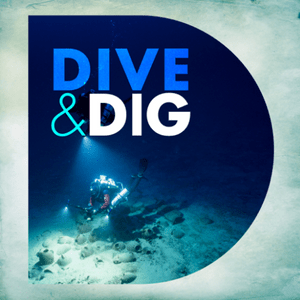
Obtenha o aplicativo gratuito radio.net
- Guardar rádios e podcasts favoritos
- Transmissão via Wi-Fi ou Bluetooth
- Carplay & Android Audo compatìvel
- E ainda mais funções
Obtenha o aplicativo gratuito radio.net
- Guardar rádios e podcasts favoritos
- Transmissão via Wi-Fi ou Bluetooth
- Carplay & Android Audo compatìvel
- E ainda mais funções


Dive & Dig
Leia o código,
baixe o aplicativo,
ouça.
baixe o aplicativo,
ouça.


